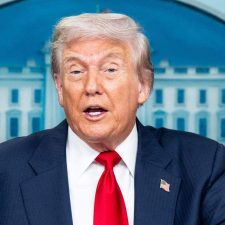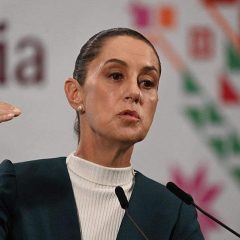(Photo: Fernando Llano AP)
When I interviewed Venezuela’s National Assembly President Julio Borges earlier this week, amid the massive anti-government protests that have left at least 26 dead in his country, one of my first questions was whether the opposition will be able to maintain its current momentum with huge protests on the streets. Some say it won’t.
An April 23 article in the Financial Times argued that the opposition protests may soon get smaller, as they did in 2013, 2014 and 2016. The country’s authoritarian ruler, President Nicolás Maduro, may ride out the demonstrations, it said.
“In a country where scrounging for food and medicine has become a full-time job for many, the personal costs of sustaining protests are simply too high,” said the story by Northwestern’s Kellogg School of Management professor Daniel Lansberg-Rodriguez. “When the world stops paying attention and international pressure begins to wane, so too do the crowds.”
The article went on to say that time “is on Maduro’s side, even as 80 percent of Venezuelans are not.” Unlike what happened in Brazil when former President Dilma Rousseff was ousted amid nationwide protests, Venezuela does not have an independent judiciary, nor an independent Supreme Court, nor a fully empowered Congress, the article said.
It concluded: “The system is too broken to reset itself.”
To continue reading this article click The Miami Herald
Etiquetas: Maduro, Nicolas Maduro, Venezuela

 Share On Facebook
Share On Facebook Tweet It
Tweet It












